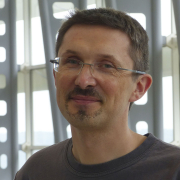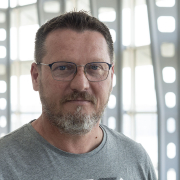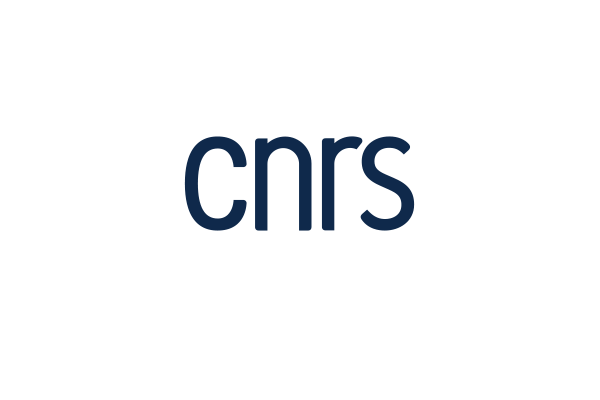Laboratoire LEMAR – 2018
Brice Sperandio (ENS)
Européen
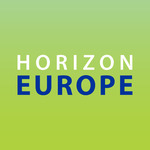

Début du projet
01/01/2024
Fin du projet
31/12/2027
MaxImmun is an innovative therapeutic strategy to fight bacterial antimicrobial resistance by immuno-modulation and boosting of the human antimicrobial defense peptide expression.
The MaxImmun project aims at preventing and treating infections, and situations of conflict between the host and its microbiota, by developing a disruptive technology based on molecules that boost antimicrobial peptides (AMP) of the innate immune system. To face the antimicrobial resistance crisis, this high-potential technology may be relevant both in situations of endemic infections in the developing world, and infectious or inflammatory pathologies in industrialized countries.
The objective is to establish the proof-of-concept that among a series of hit compounds identified by the screening of molecules coming from the marine microbiome for their capacity to promote AMPs, a small subgroup may qualify to lead molecules that can then be pushed into the late phases of the R&D pipeline, with the perspective of a phase I clinical trial. To achieve this transition, the project will range from the comprehension of microbial mechanisms leading to antimicrobial resistance, to the comprehension of AMP regulations, the identification of AMP-inducer molecules and their optimization by medicinal chemistry, and the characterization and evaluation of their protective properties in pre-clinical models. MaxImmun aims at developing innovative molecules as future antimicrobial drug candidates.
The project was awarded €3.2 million under the Horizon Europe program, through the European Innovation Council (EIC) Pathfinder Open funding instrument, supporting innovations with potential breakthrough and disruptive nature.
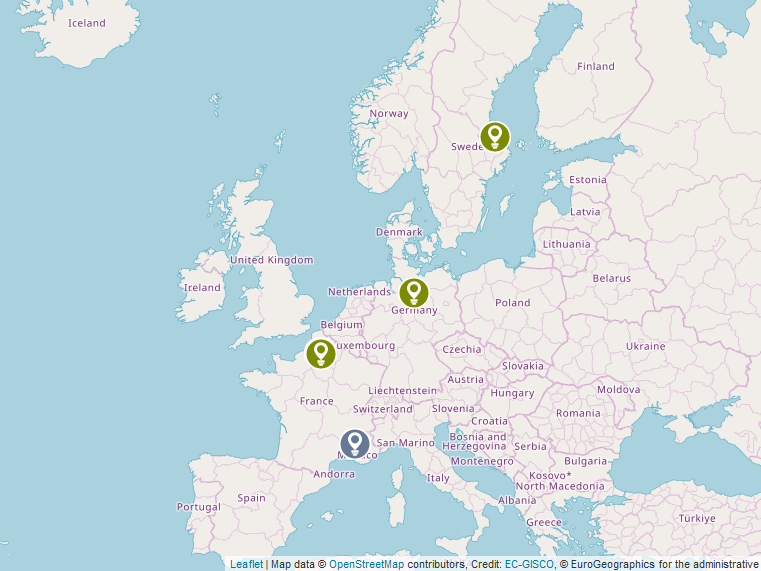
Membres du Laboratoire
Collaborateurs
- École Normale Supérieure (ENS, France)
Brice Sperandio (P.I), Weronika Wozniak
- Helmholtz Centre for Infection Research (HZI, Germany)
Mark Brönstrup, Vivek Kumar Mishra
- Uppsala University (UU, Sweden)
Dan Andersson
- Institut National de la Santé et de la Recherche Médicale (INSERM, France)
Nathalie Vergnolle, David Sagnat
- ImmunRise Technologies (IRT, France)
Laurent de Crasto, William Bourumeau
- Centre National de la Recherche Scientifique (CNRS, France)
Ali Al-Mourabit, Céline Moriou

